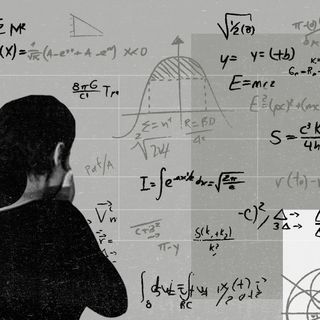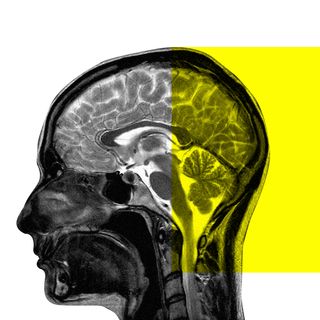‘Long Covid’ in recovered patients is characterized by a complex range of symptoms that impact quality of life, but its causation and treatment have so far remained elusive. A new observational study notes that something in patients’ eyes could help reveal if they have ‘long Covid.’
Researchers suggest a diagnostic method called corneal confocal microscopy (CCM), a type of eye scan. It can be used to analyze nerve damage in patients who reported neurological symptoms, potentially serving as a means for a more rapid diagnosis of the condition.
Data shows that about 10-30% of all people who recover from Covid19 develop ‘long Covid.’ A study identified as many as 200 symptoms associated with ‘long Covid’; neurological effects include brain fog, headaches, trouble concentrating. But so far, a long Covid19 diagnosis is given when symptoms associated with Covid19 persist after recovery and cannot be explained by any other alternative diagnosis. The new findings, however, may offer a quicker way to detect ‘long Covid’ and explore treatment options.
The study, published in the British Journal of Ophthalmology on Monday, drew on previous research that linked ‘long Covid’ to nerve damage. The scientists looked at 70 people: 40 people had recovered from Covid19, while the remaining 30 had never been infected. Researchers looked at the nerve damage in the corneas, the protective layer of the eye.
The former group showed more small nerve fibre loss and the presence of more dendritic cells (associated with the immune system) in their corneas than the healthy group. Moreover, the test results showed that the severity of nerve damage could also be linked to the severity of infection, as greater nerve damage was found among participants who experienced more severe disease.
Related on The Swaddle:
‘Long Covid’ Patients In India Are Struggling, But Their Plight Remains Unseen
“To the best of our knowledge, this is the first study reporting corneal nerve loss and an increase in DC [dendritic cell] density in patients who have recovered from Covid19, especially in subjects with persisting symptoms consistent with long Covid,” the researchers wrote.
The CCM scan is a non-invasive imaging instrument previously used to detect other conditions that are relatively hard to diagnose, such as fibromyalgia and multiple sclerosis. The technique works for conditions that present as immune system-related nerve damage. The present study used CCM imaging to see whether similar nerve fibre damage could be observed in patients 4-12 weeks after the initial diagnosis of Covid19.
While the study doesn’t prove that an immune response caused the nerve damage in participants, it lends credence to previous theories that it is inflammation due to Covid19, rather than remnant virus in the body, which damages nerve cells.
A limitation of the study is also its methodology: it used questionnaires rather than objective testing measures to record the severity of neurological symptoms. Researchers note the need for future explorations with larger cohorts of patients over time to “provide insights into the contribution of immune and inflammatory pathways to nerve degeneration.”
Nevertheless, the findings provide an important addition to understanding ‘long Covid’ as a neurological and inflammatory condition, and can be used to evaluate patients more accurately. A definitive diagnosis may also help patients access long term, post-Covid19 care sooner.




